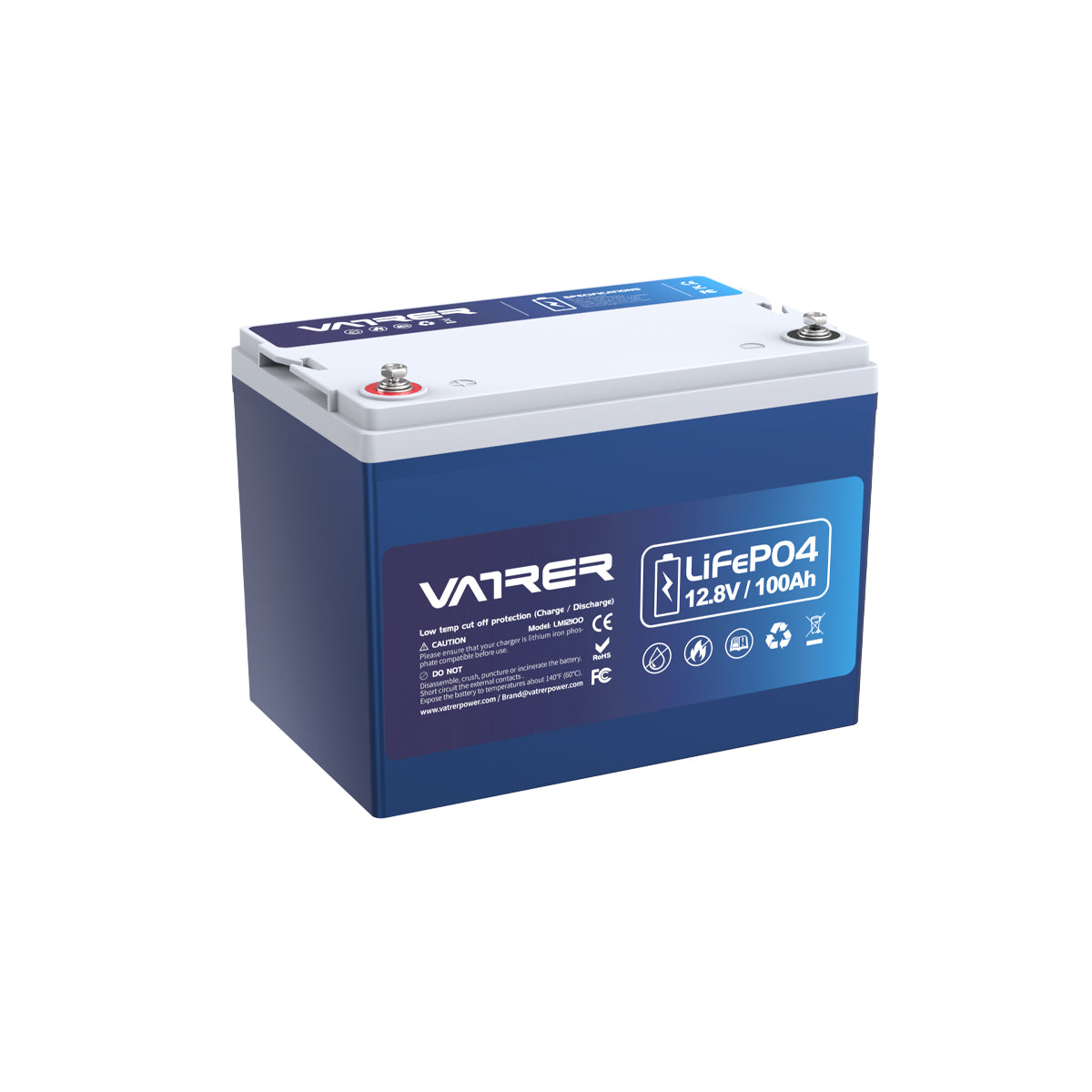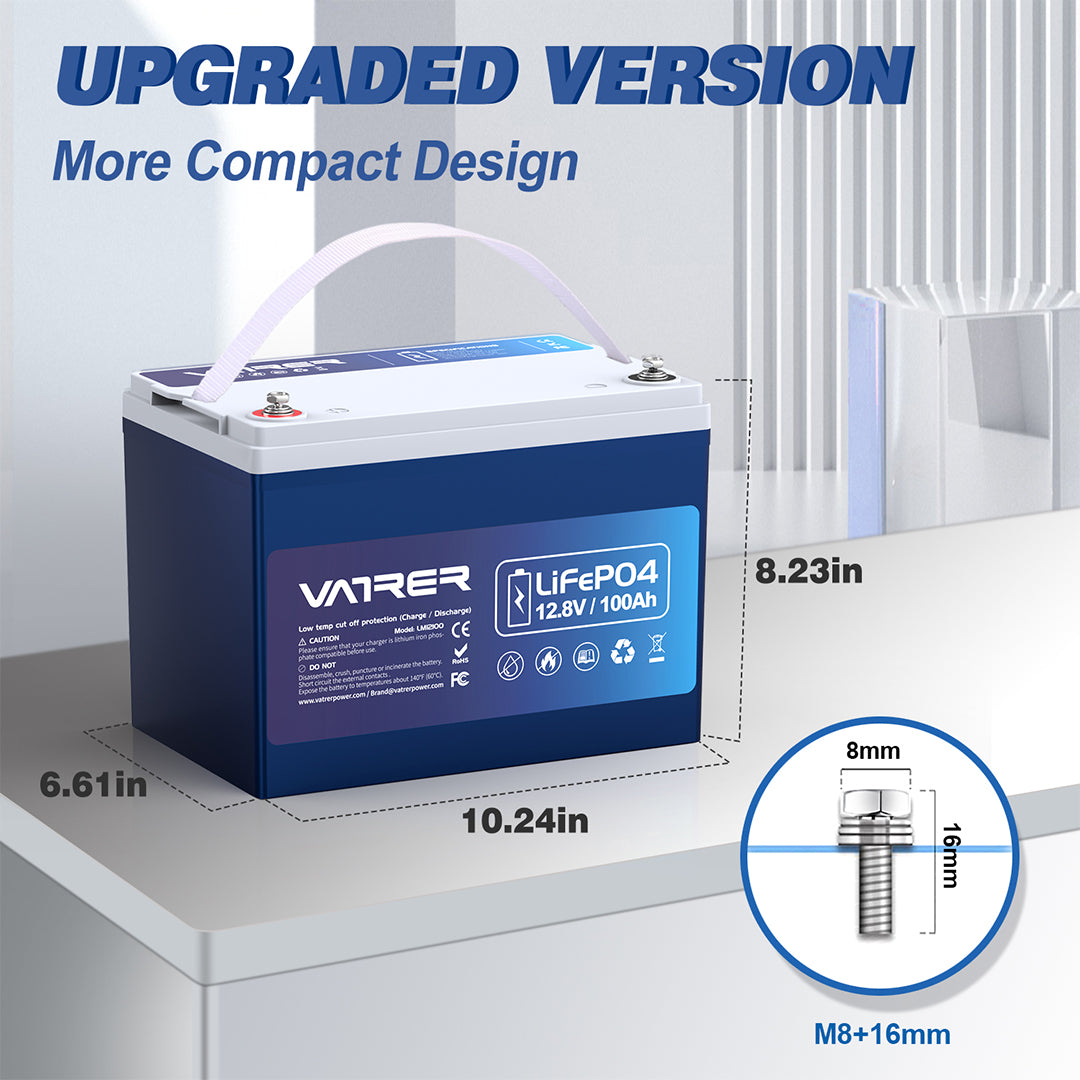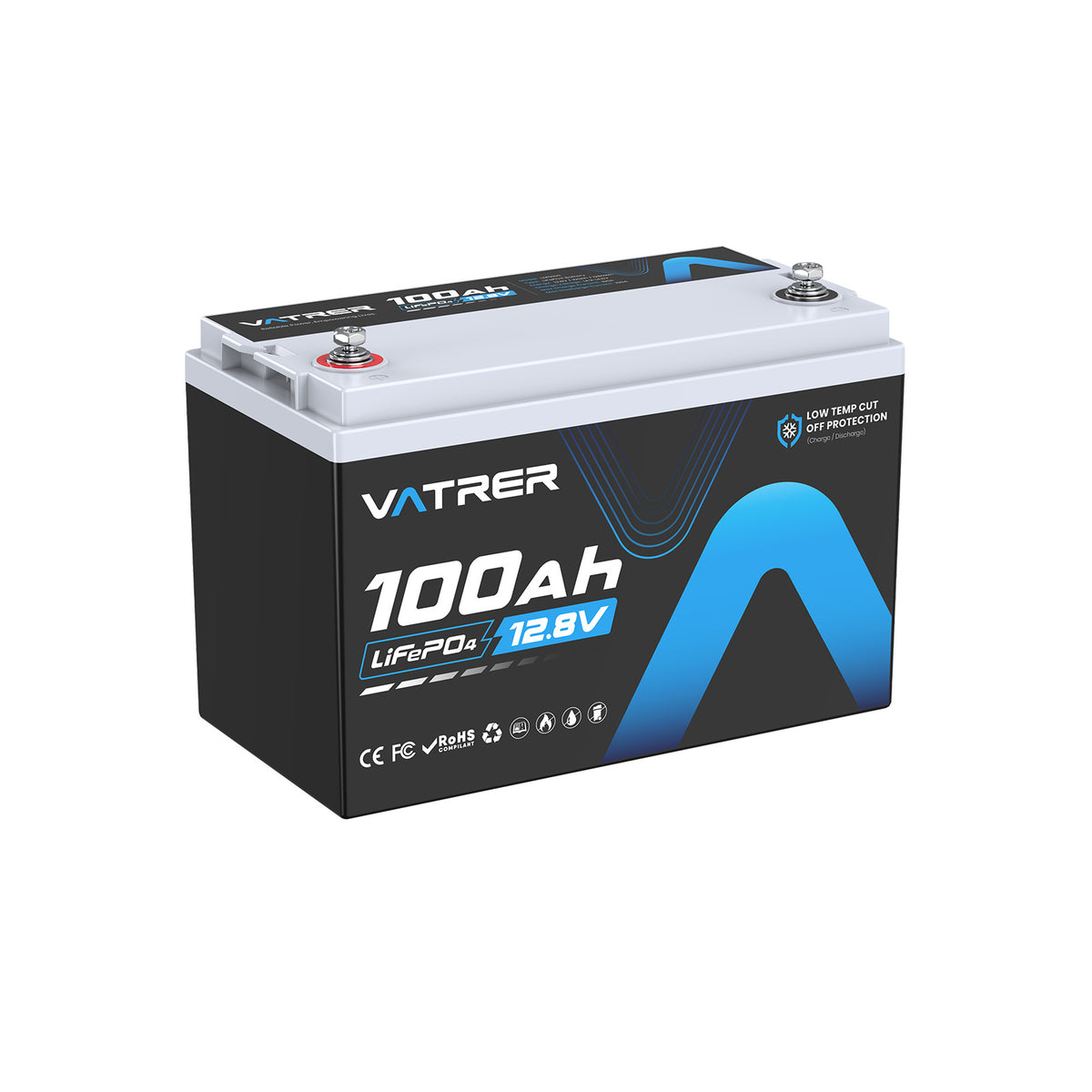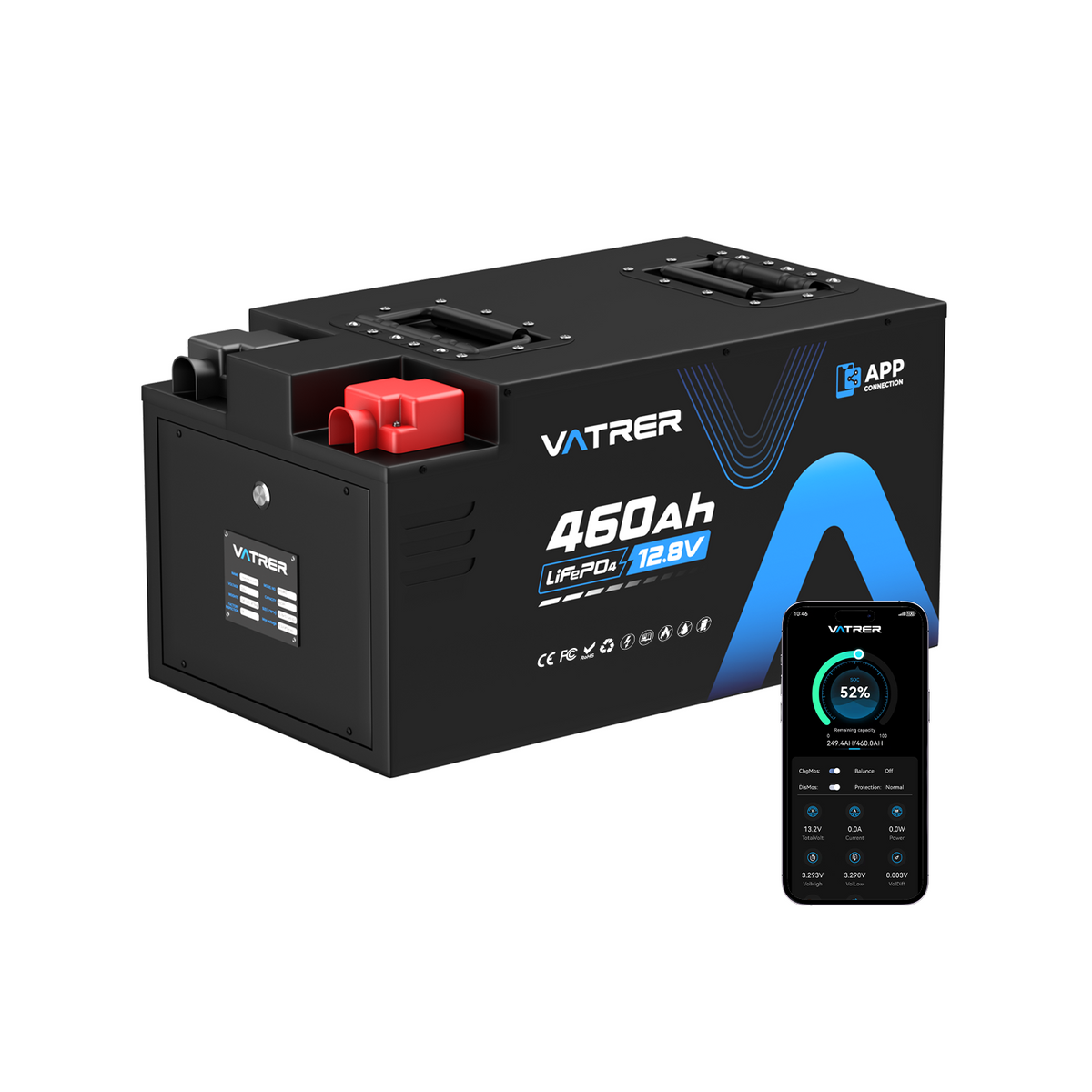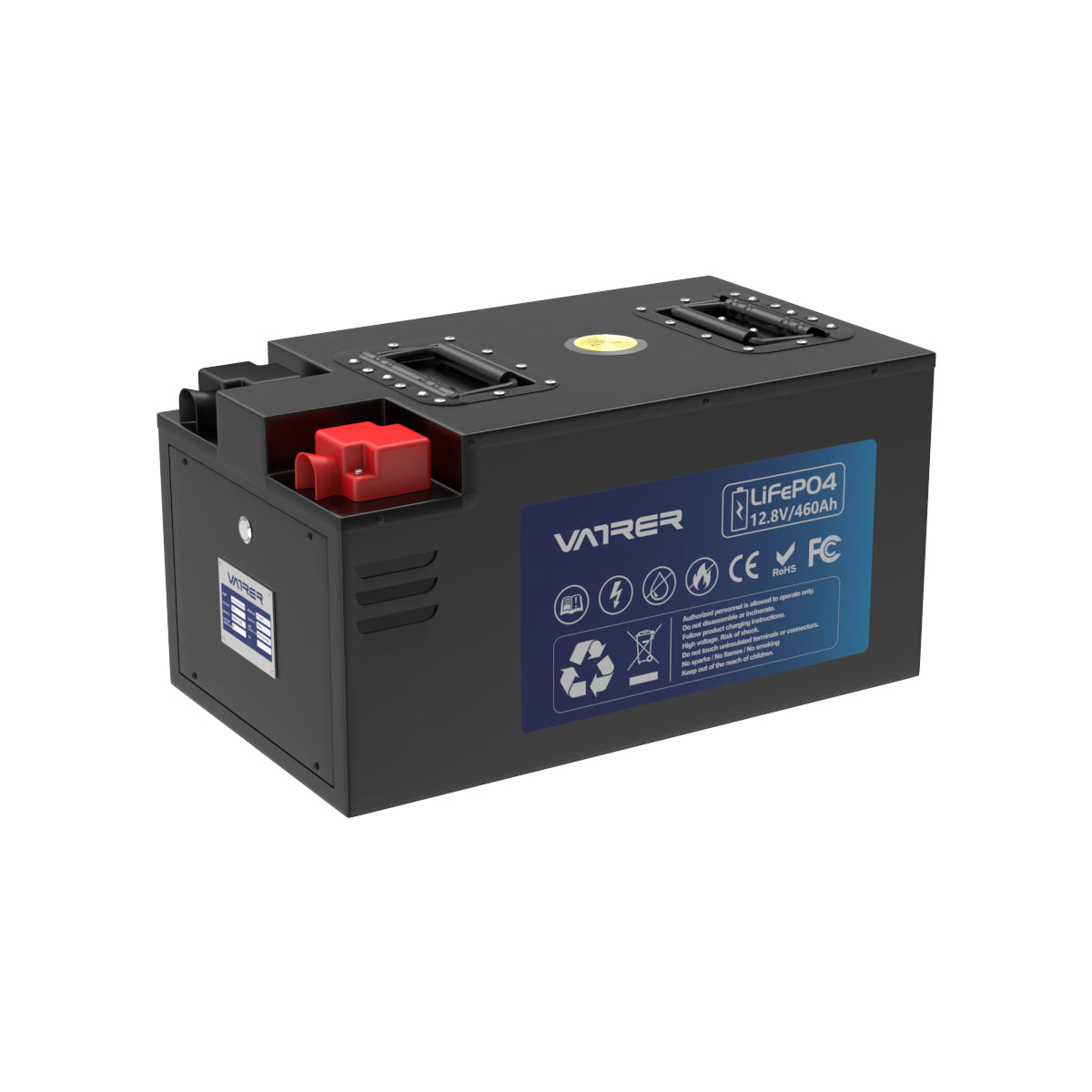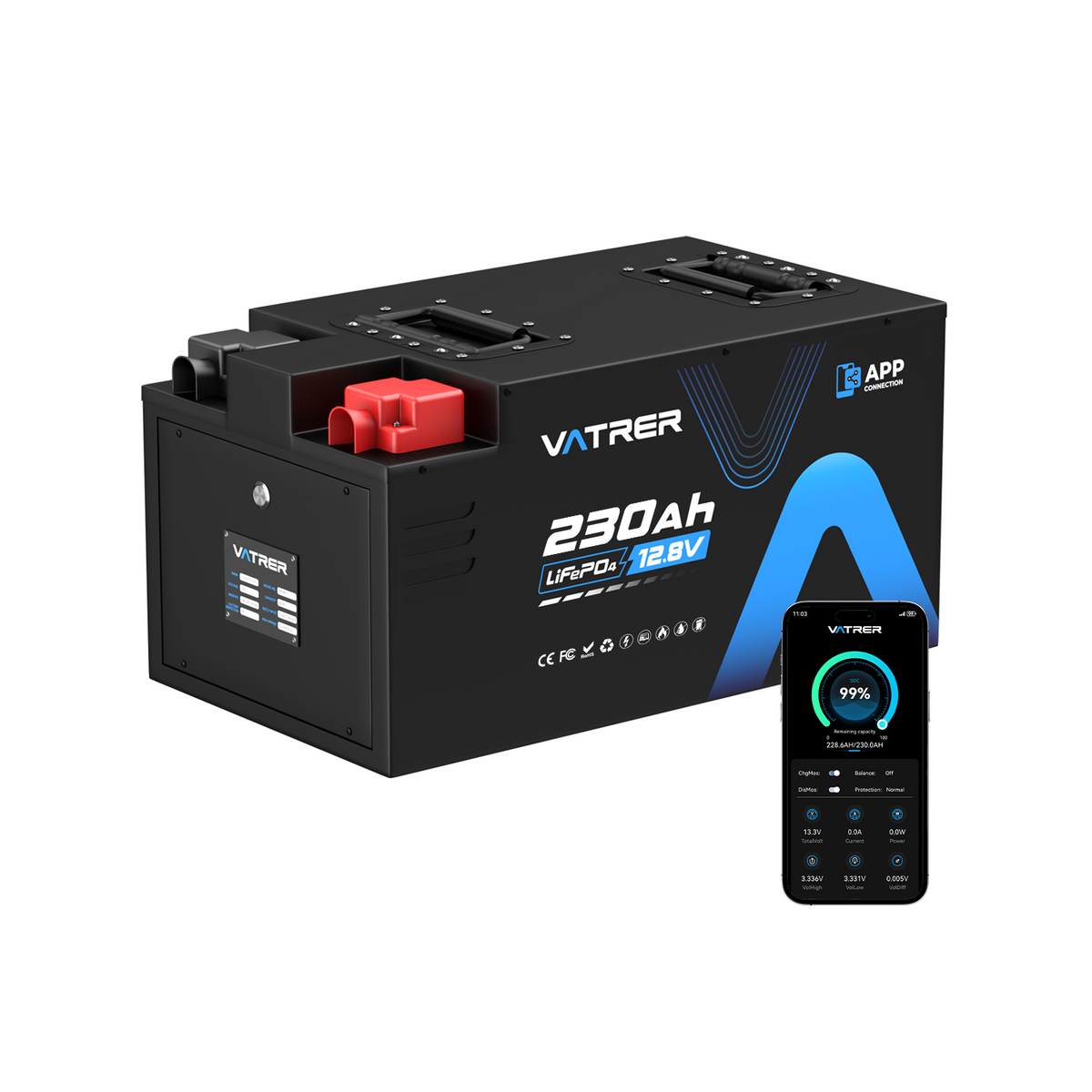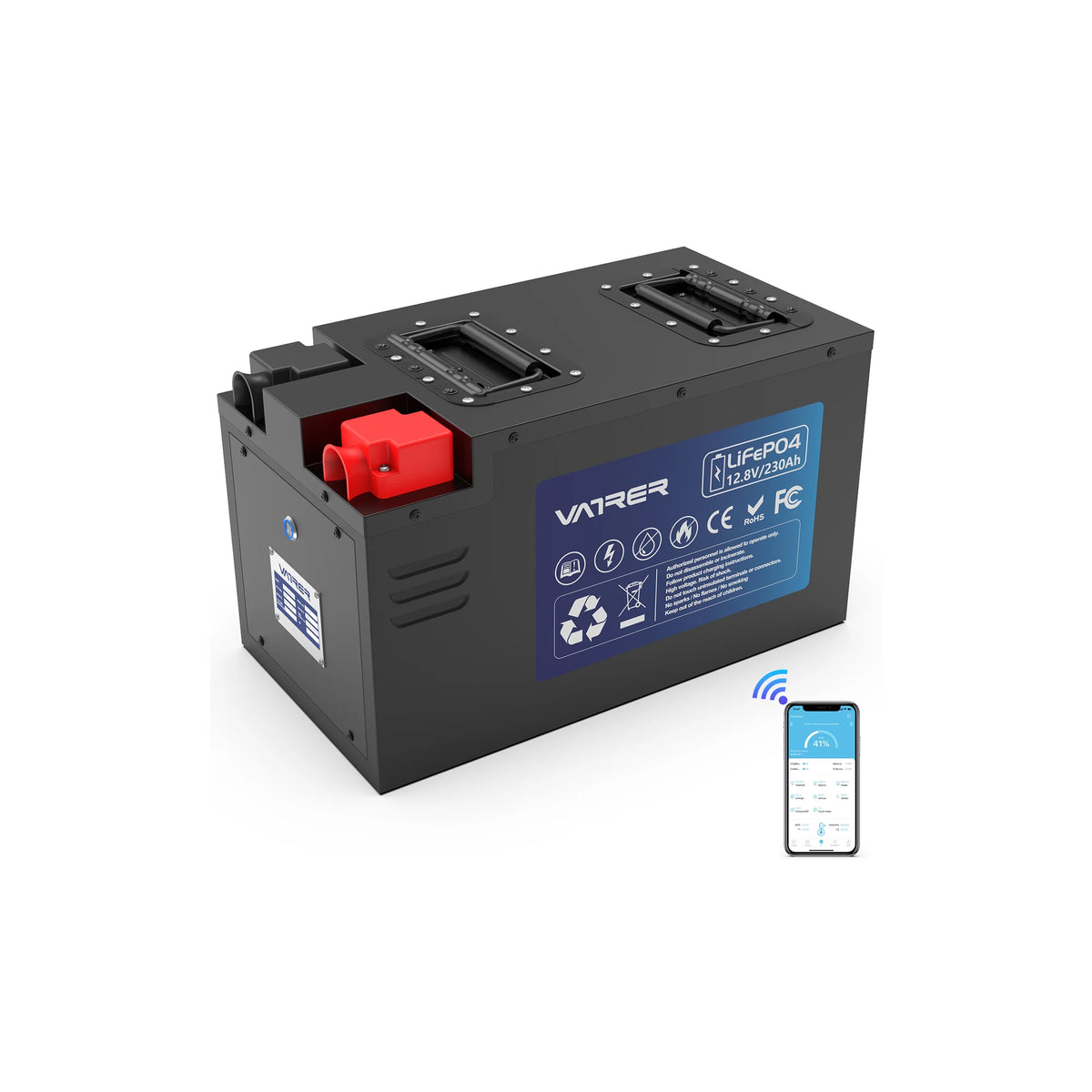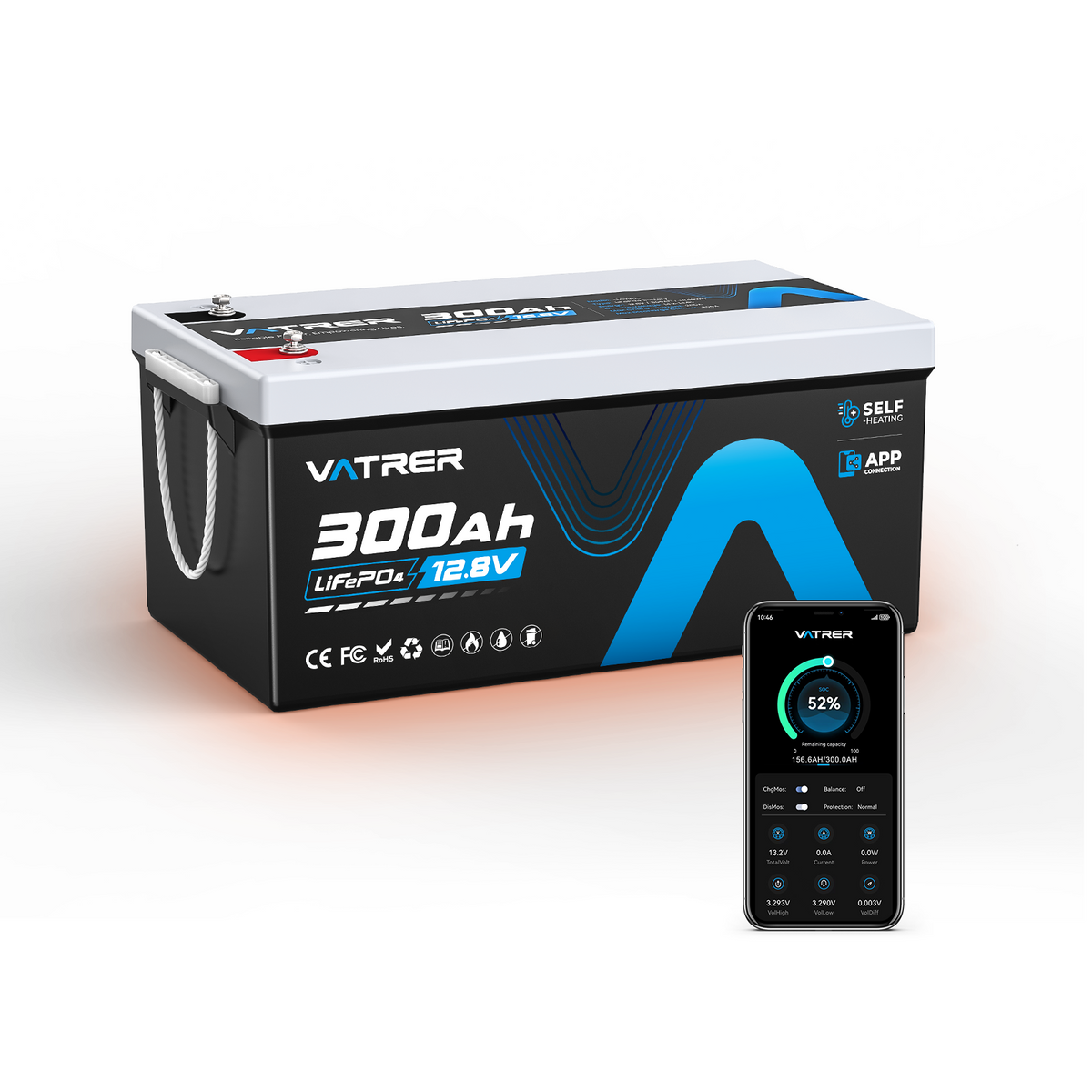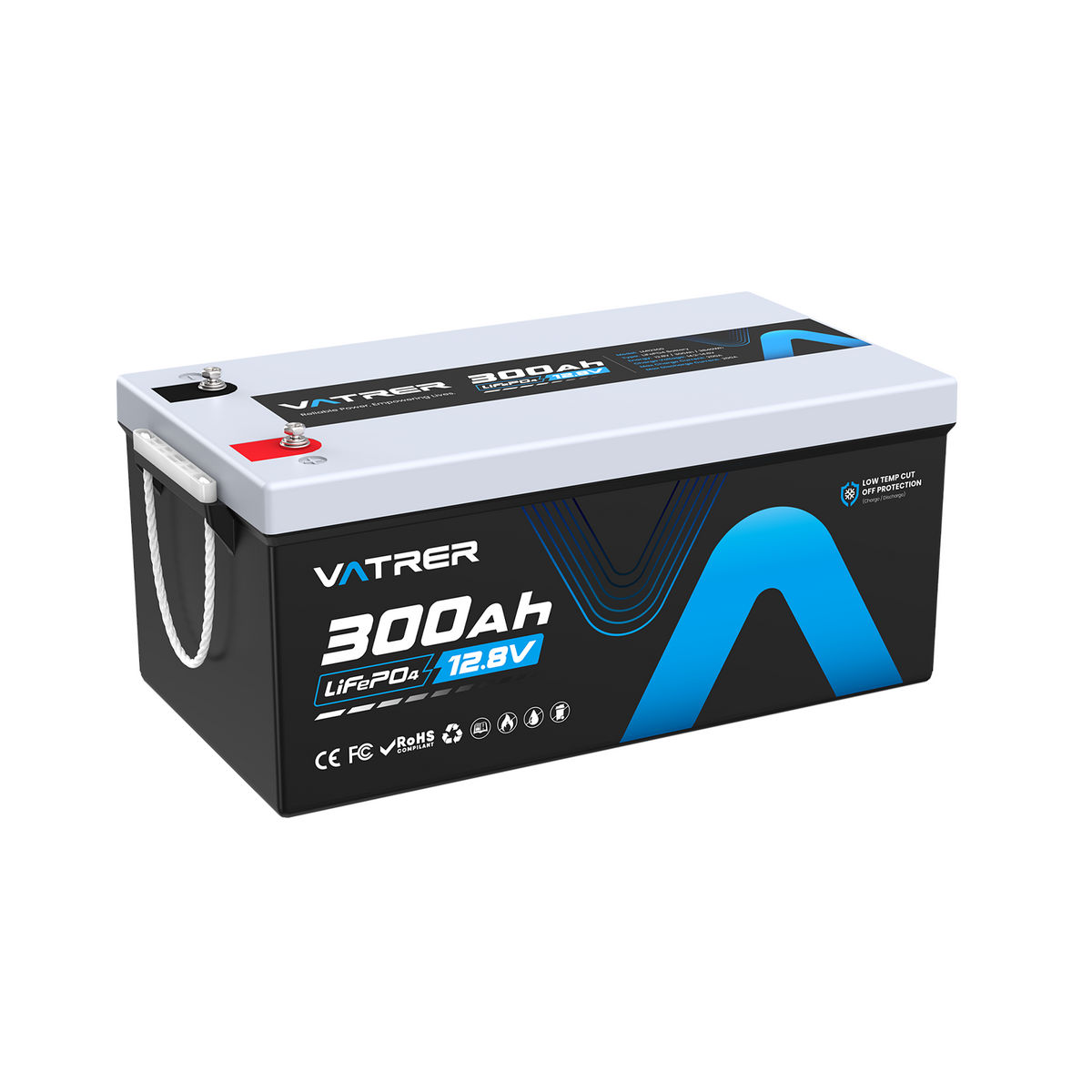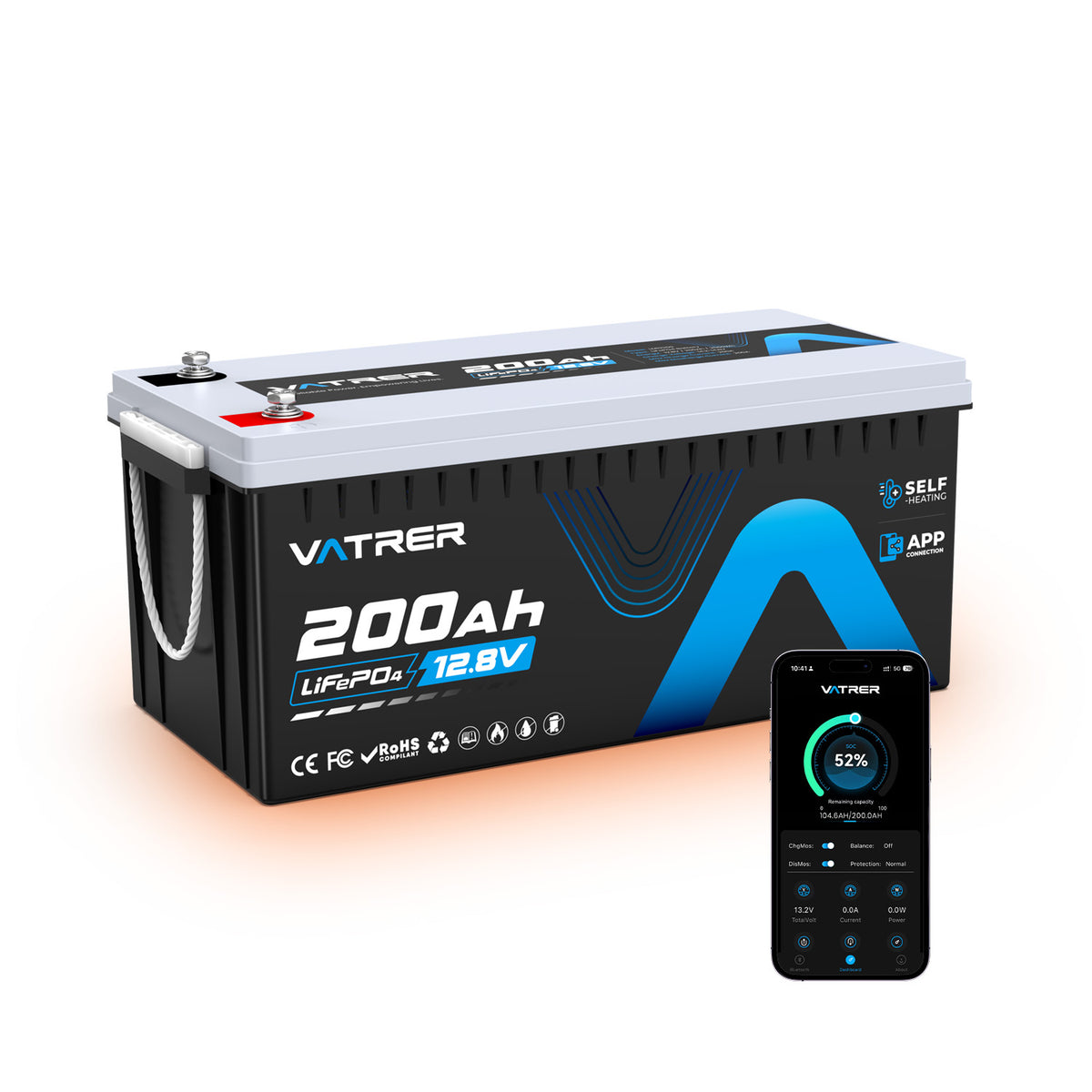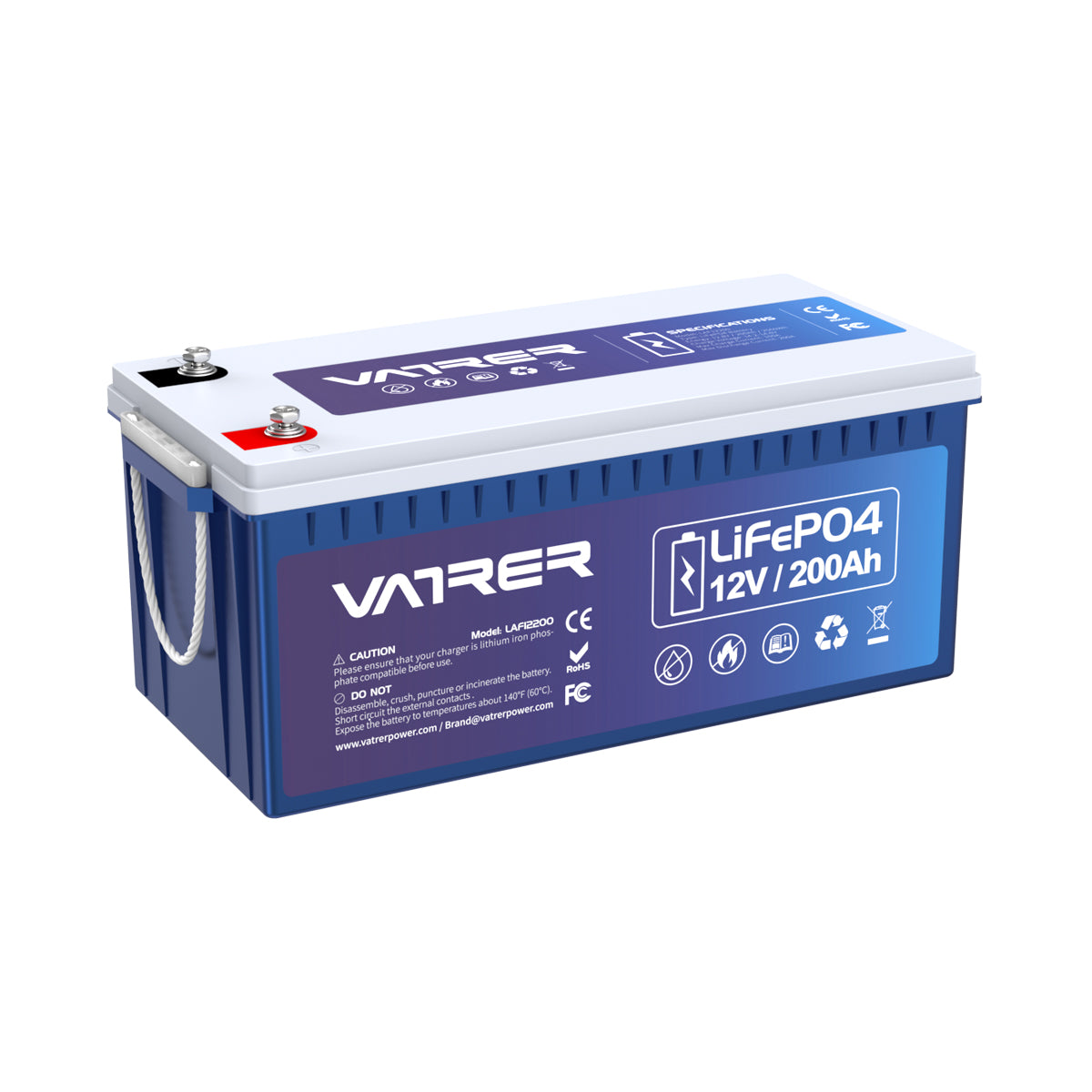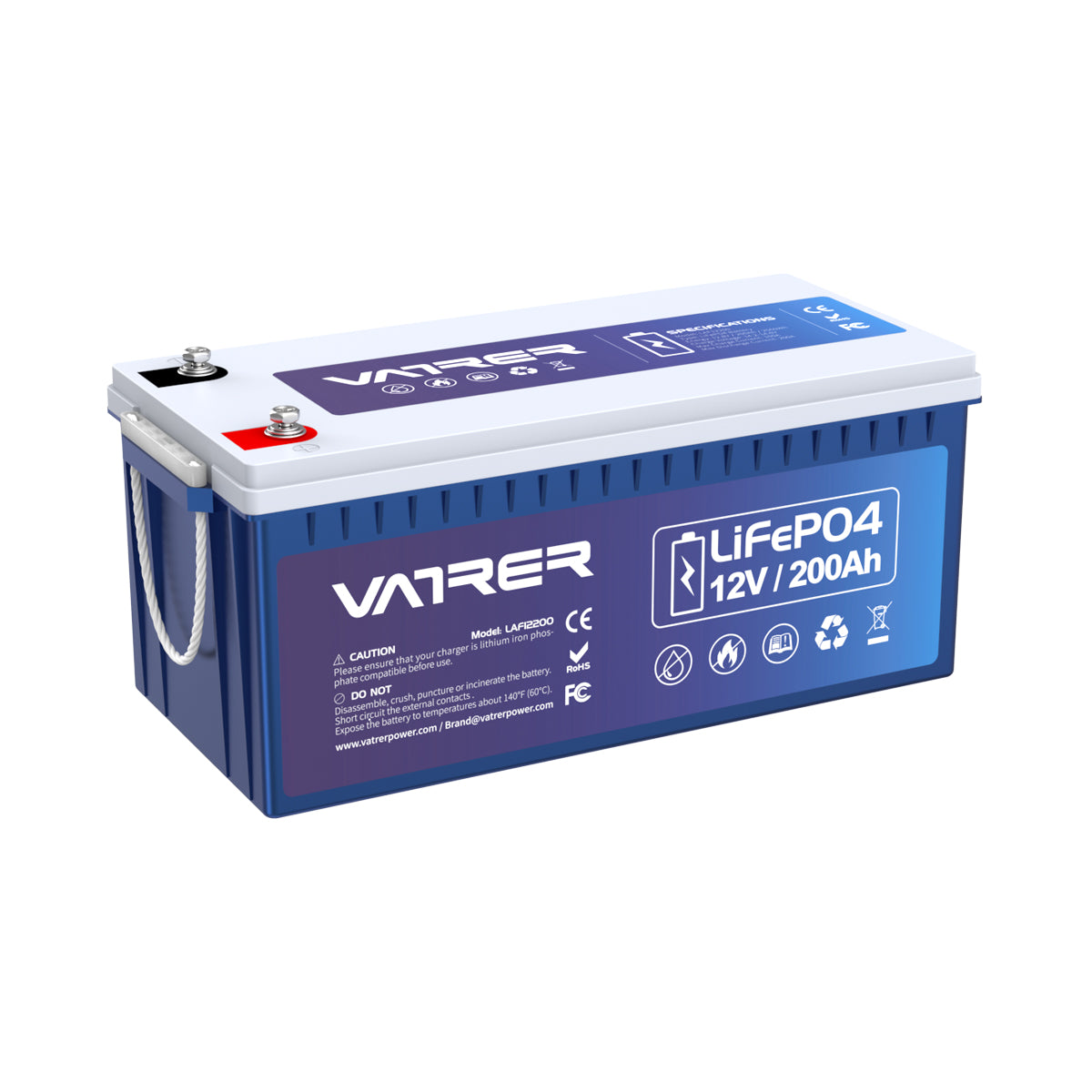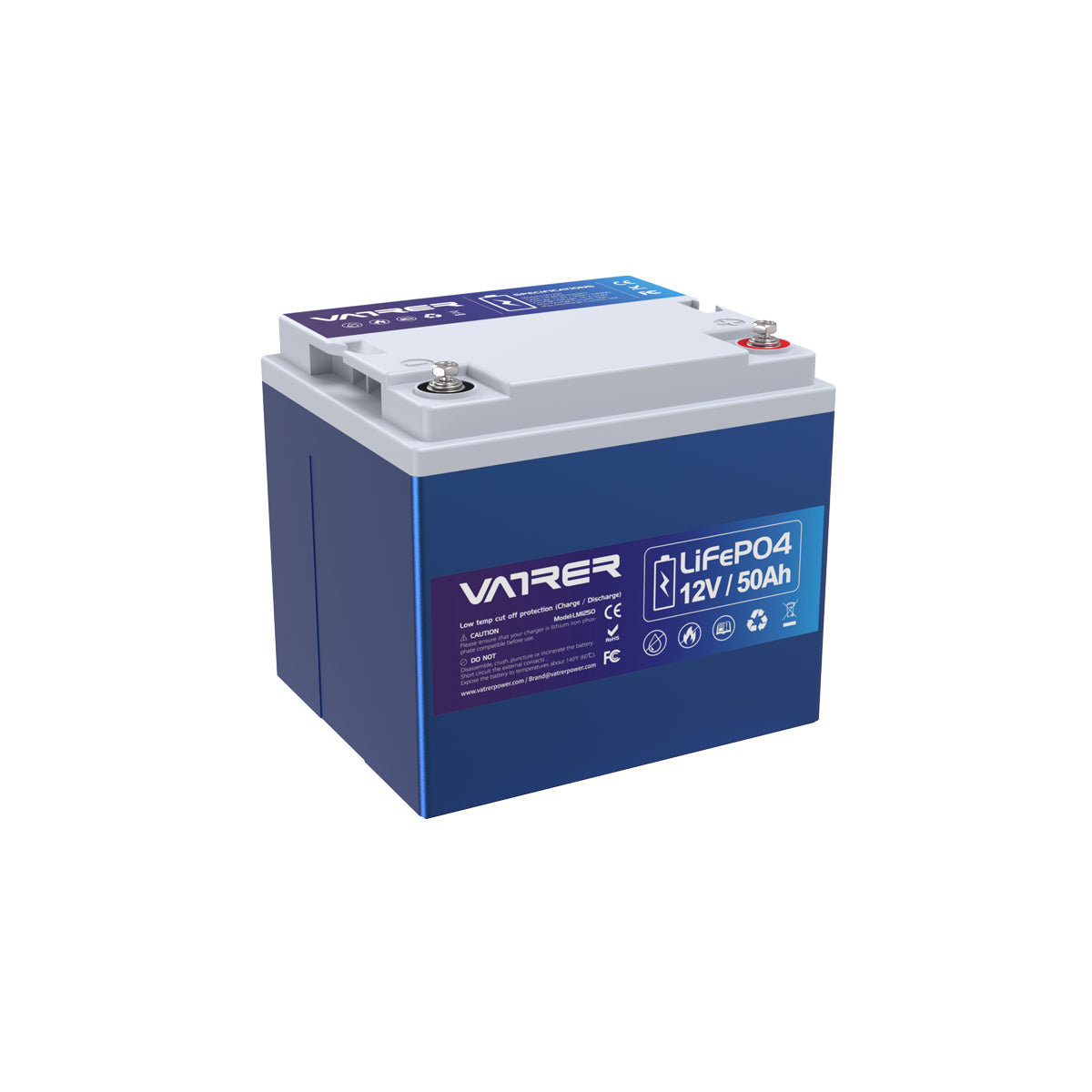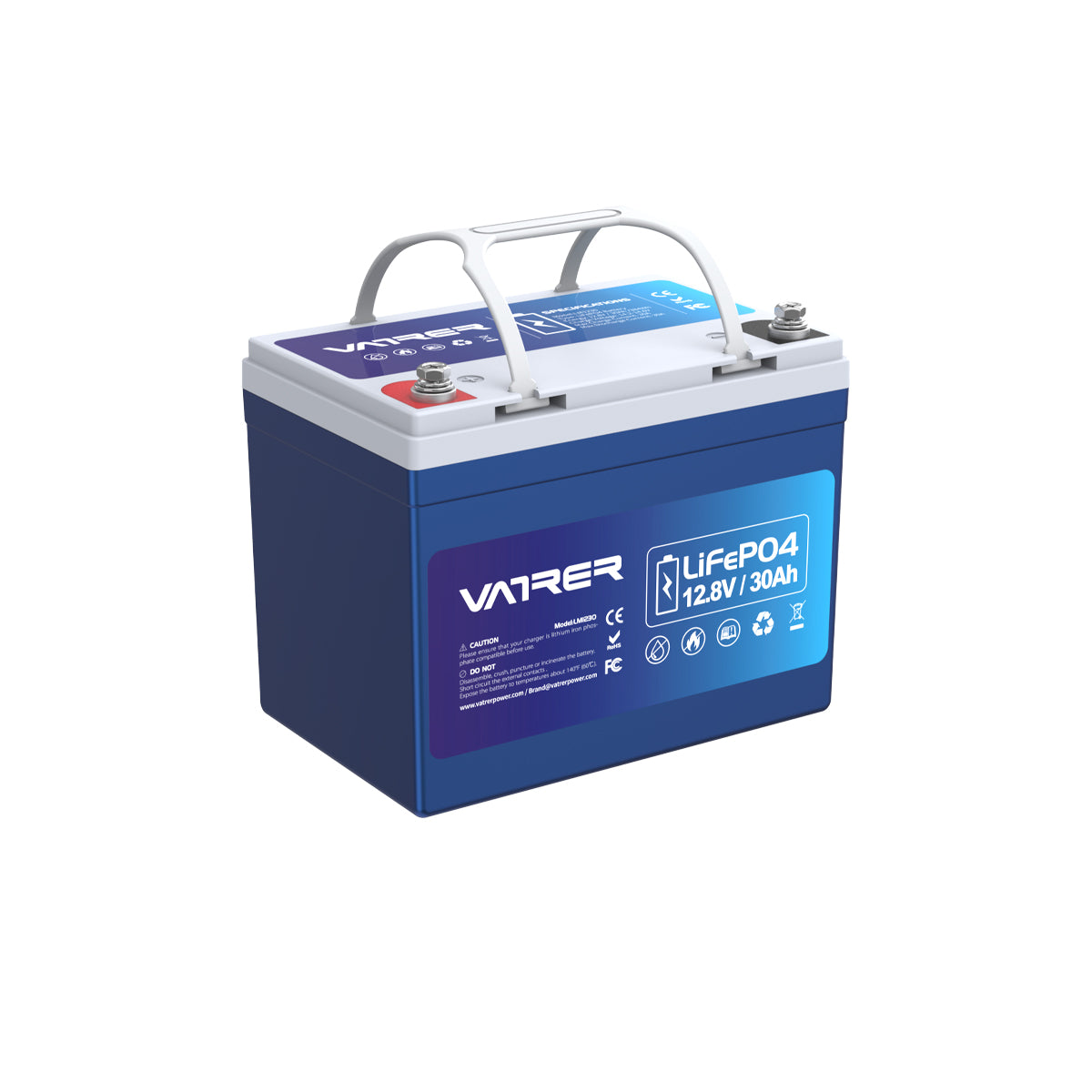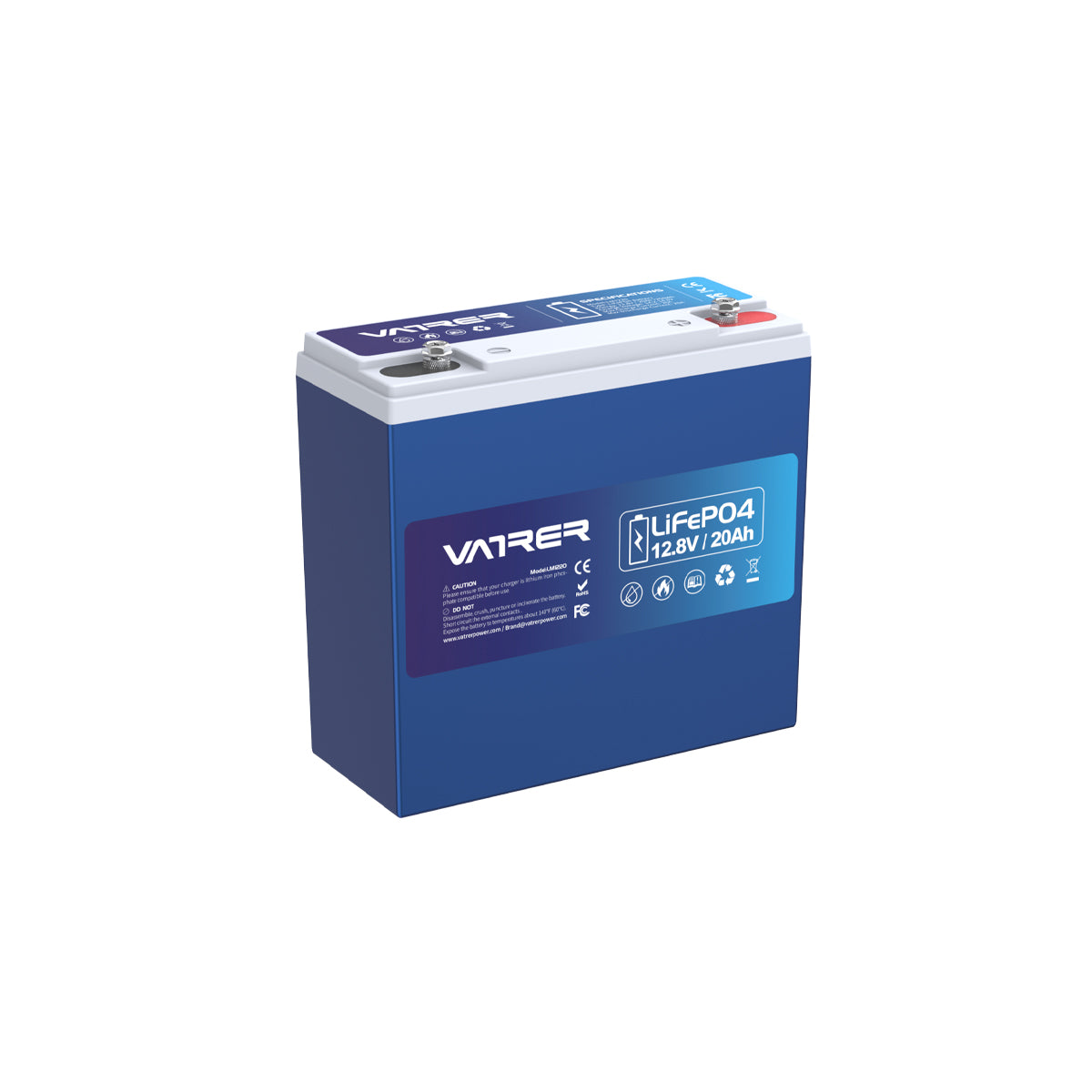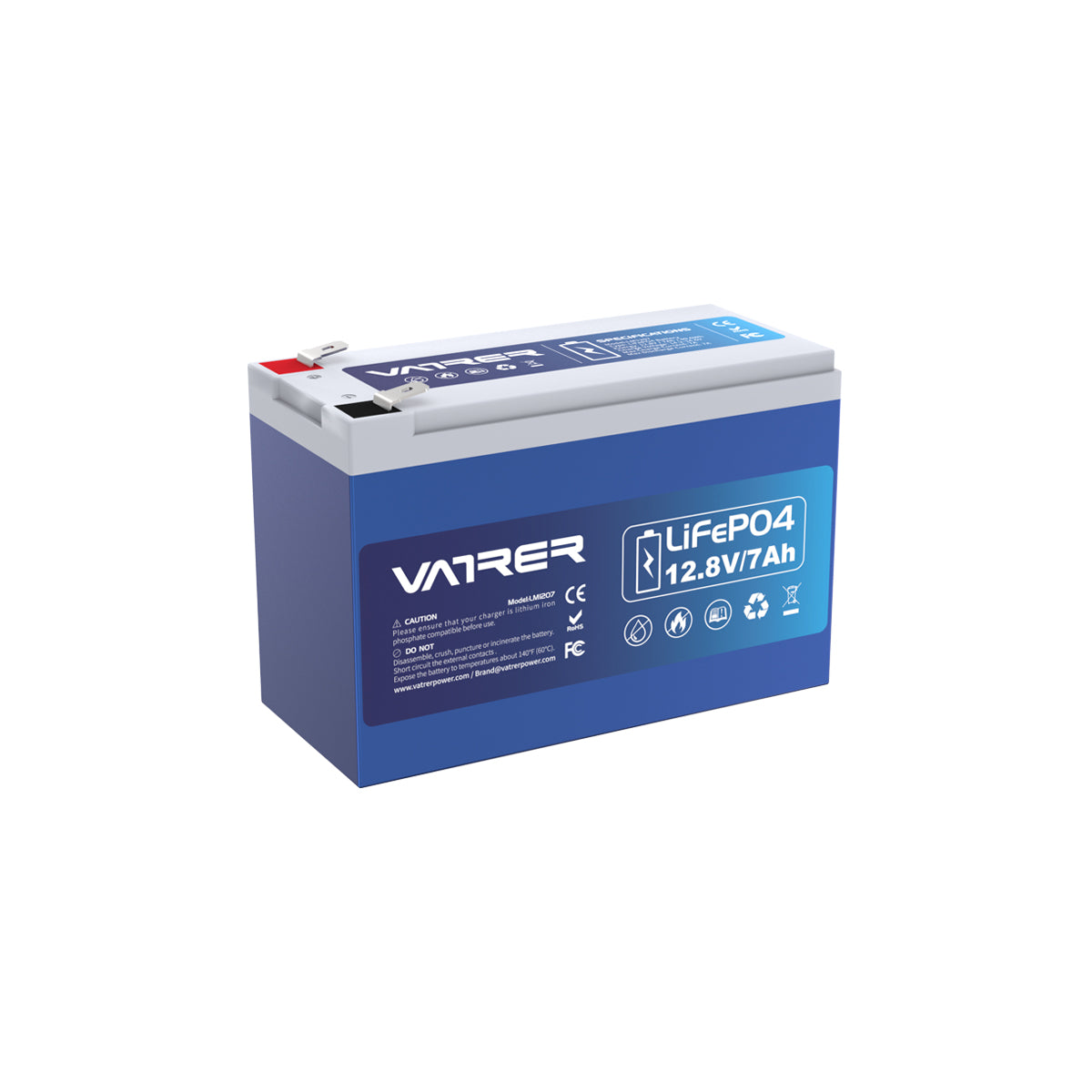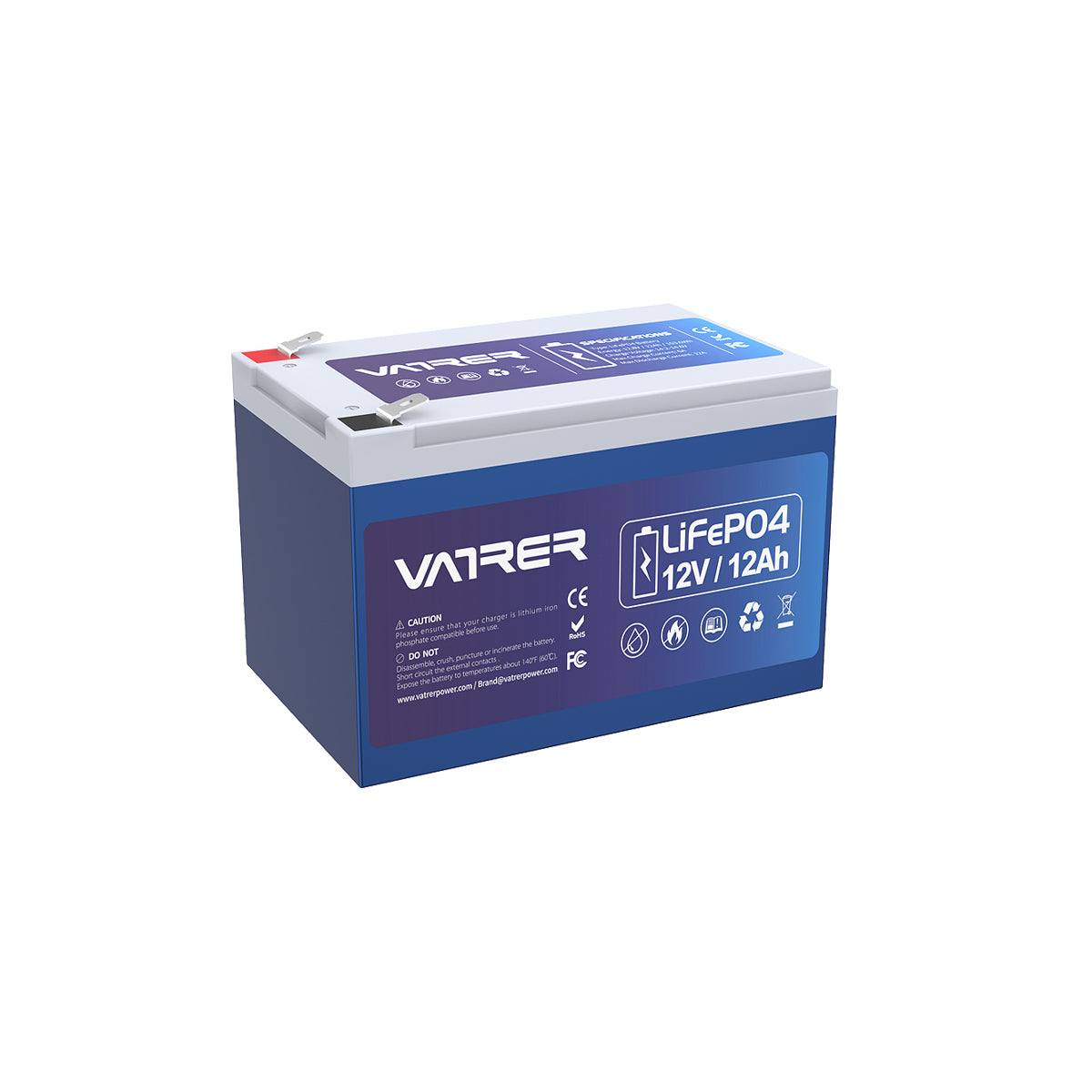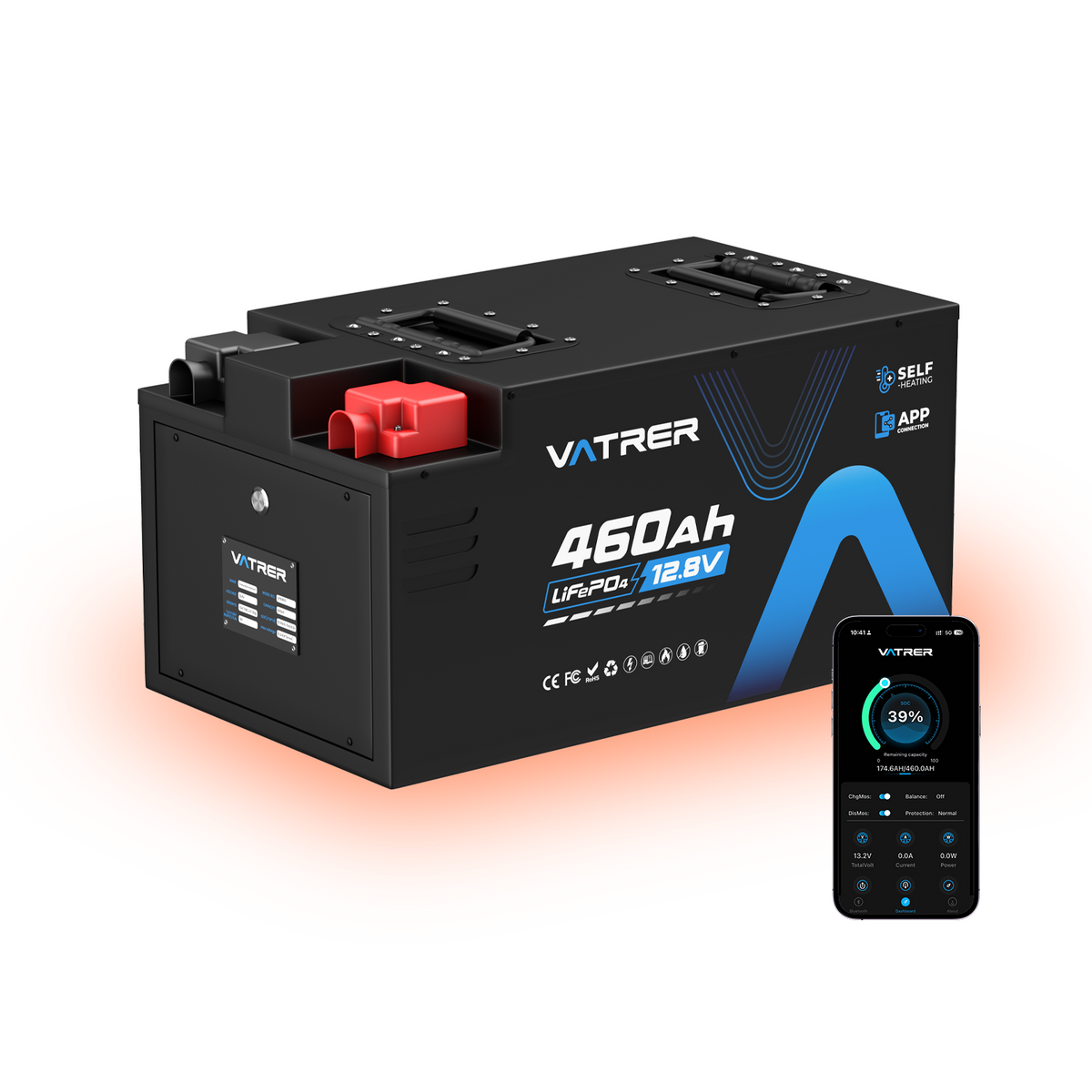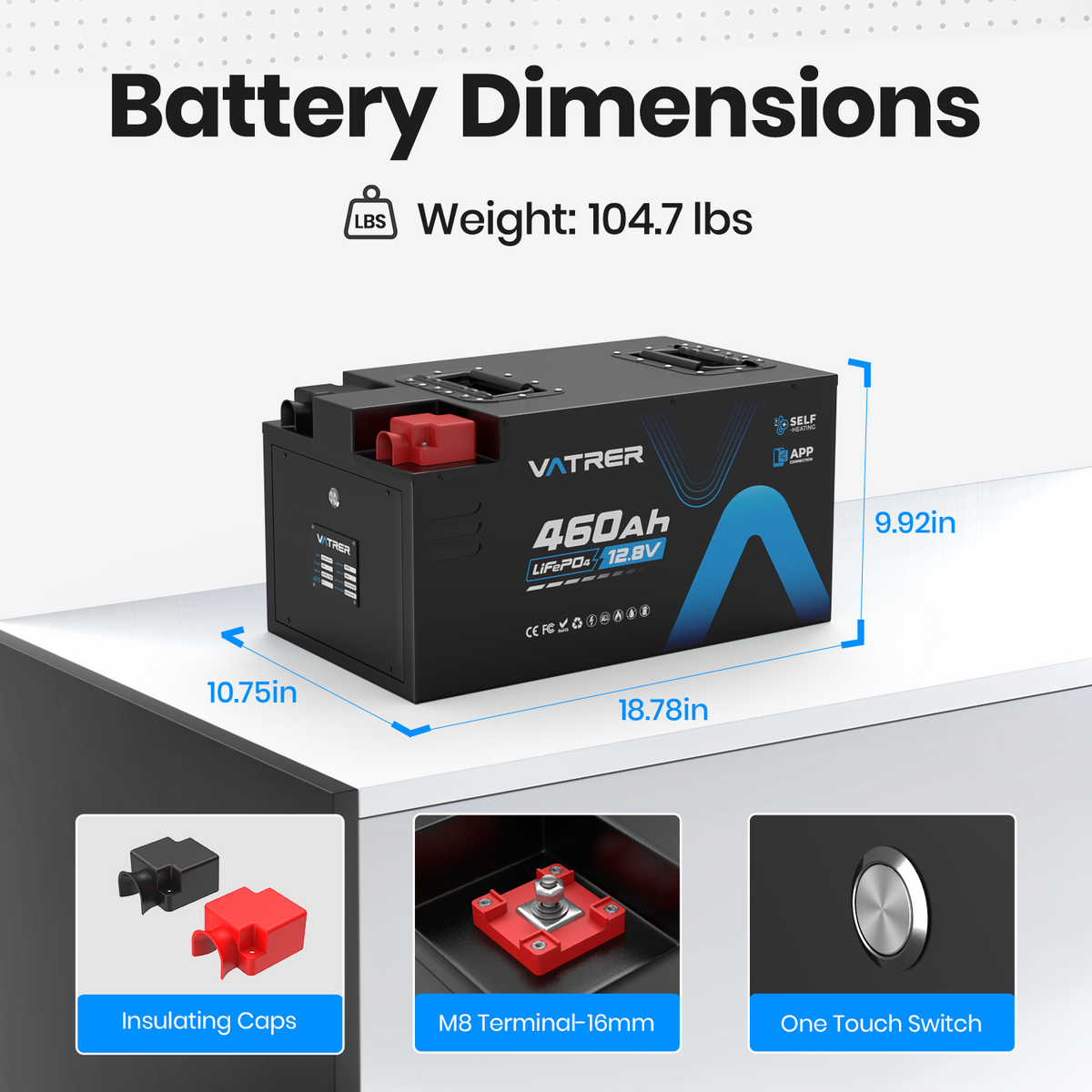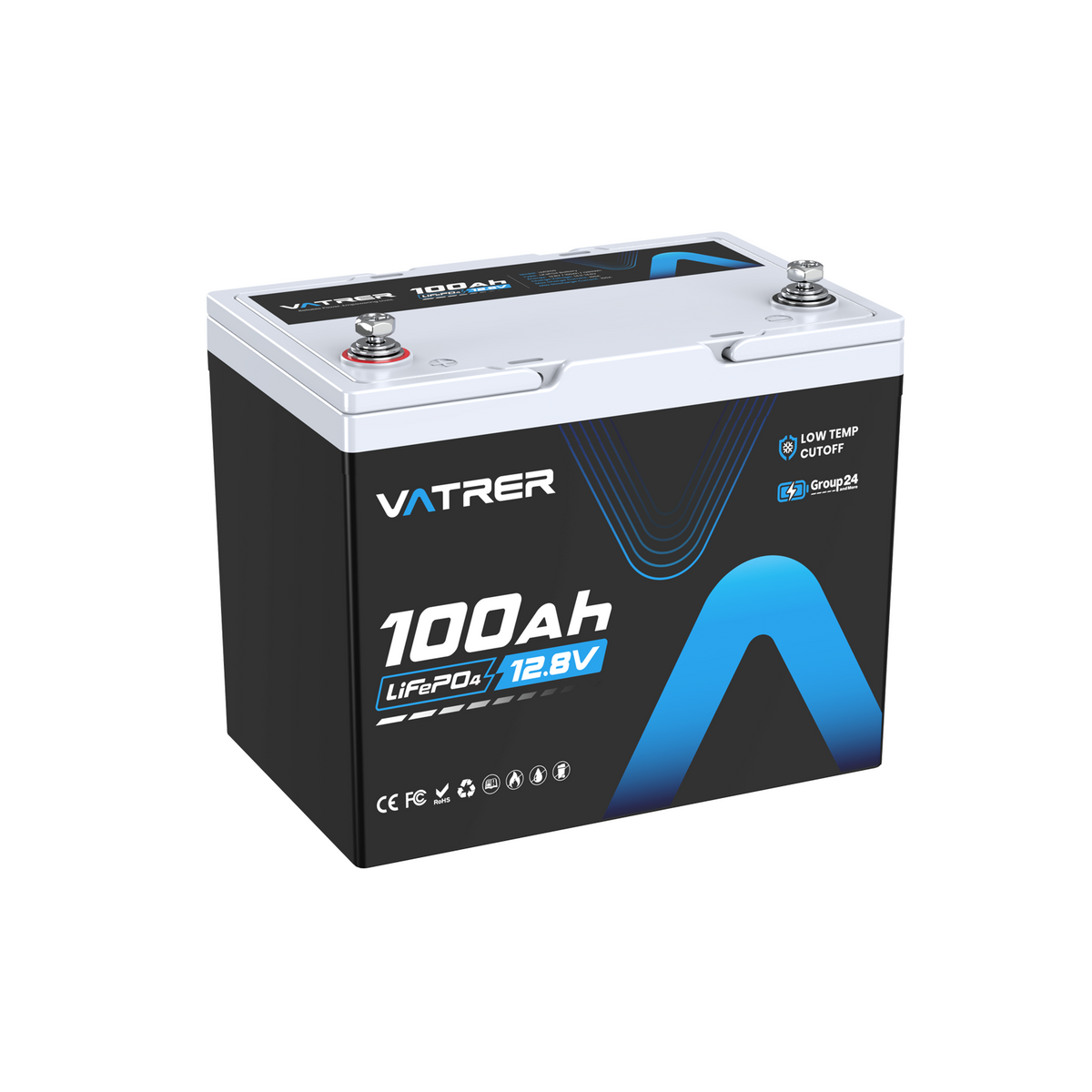A 12V lithium battery is a type of rechargeable battery that operates at a voltage of 12 volts. These batteries are commonly used in various applications, including but not limited to, automotive, marine, RV, solar power systems, and portable electronics. They offer several advantages over traditional lead-acid batteries, such as higher energy density, longer lifespan, lighter weight, and faster charging times.
Here are some key points about 12V lithium batteries:
- Lithium Chemistry: 12V lithium batteries are typically based on lithium iron phosphate (LiFePO4) chemistry, which is known for its stability, safety, and high cycle life.
- Voltage and Capacity: These batteries have a nominal voltage of 12 volts, which makes them compatible with many 12V systems. The capacity of 12V lithium batteries can vary, typically ranging from around 50Ah to 300Ah or more, depending on the specific model and application.
- Performance and Efficiency: 12V lithium batteries offer excellent performance, delivering consistent power output throughout their discharge cycle. They have a higher energy density compared to lead-acid batteries, meaning they can store more energy in a smaller and lighter package. This makes them ideal for applications where weight and space are a concern.
- Longevity: One of the significant advantages of 12V lithium batteries is their long lifespan. They can last significantly longer than traditional lead-acid batteries, with some models capable of providing thousands of charge-discharge cycles.
- Charging: 12V lithium batteries can be charged using compatible lithium battery chargers. They generally have a faster charging time compared to lead-acid batteries, allowing for quicker turnaround times and less downtime.
- Safety Features: Many 12V lithium batteries come with built-in safety features such as overcharge protection, over-discharge protection, and short circuit protection. These features help prevent damage to the battery and ensure safe operation.
Why Choose LiFePO4 Batteries?
In the rapidly evolving world of energy storage, lithium iron phosphate (LiFePO4) batteries are gaining significant attention. Compared to traditional lead-acid batteries and even other types of lithium-ion batteries, LiFePO4 batteries offer numerous advantages that make them an excellent choice for a variety of applications, from electric vehicles to renewable energy systems. Here’s why you should consider choosing LiFePO4 batteries:
1. Safety and Stability
One of the most compelling reasons to choose LiFePO4 batteries is their superior safety profile. LiFePO4 chemistry is inherently stable and less prone to thermal runaway, which can lead to fires or explosions in other lithium-ion batteries. This makes them a safer choice for both consumer and industrial applications.
- Thermal Stability: LiFePO4 batteries can withstand higher temperatures without decomposing.
- Chemical Stability: They are less reactive and do not produce harmful gases under stress.
2. Long Lifespan
LiFePO4 batteries are known for their longevity. They typically offer a much longer cycle life compared to lead-acid batteries and other lithium-ion chemistries.
- Cycle Life: LiFePO4 batteries can often exceed 2,000 to 5,000 charge and discharge cycles, whereas lead-acid batteries might only last 500-1,000 cycles.
- Calendar Life: These batteries can last up to 10 years or more with proper care.
3. Consistent Performance
LiFePO4 batteries provide consistent power delivery throughout their discharge cycle. This means you can count on stable voltage and reliable performance until the battery is nearly depleted.
- Voltage Stability: They maintain a steady voltage output, which is crucial for applications requiring precise power delivery.
- High Discharge Rates: LiFePO4 batteries can handle high discharge rates without significant degradation, making them suitable for high-power applications.
4. Efficiency
Efficiency is a critical factor in energy storage, and LiFePO4 batteries excel in this area. They have a higher round-trip efficiency compared to lead-acid batteries.
- Charge Efficiency: LiFePO4 batteries can be charged more quickly and efficiently, with less energy loss during the charging process.
- Energy Density: While not the highest among lithium-ion batteries, the energy density of LiFePO4 is adequate for many applications, providing a good balance between weight and capacity.
5. Environmental Impact
LiFePO4 batteries are more environmentally friendly than their lead-acid counterparts. They do not contain toxic heavy metals like lead or cadmium, making them easier to recycle and dispose of responsibly.
- Non-Toxic Components: LiFePO4 batteries use materials that are less harmful to the environment.
- Recyclability: They are easier to recycle, contributing to a more sustainable lifecycle.
6. Versatility
LiFePO4 batteries are versatile and can be used in a wide range of applications. Their robust performance in various conditions makes them suitable for:
-
Renewable Energy Storage: Ideal for solar and wind energy systems due to their long lifespan and efficiency.
-
Marine and RV Applications: Providing reliable power in off-grid and mobile environments.
-
Backup Power: Ensuring stable and long-lasting power supply for critical systems.
Subscribe to Our Newsletter
Join our community. Get the latest news & offers!








